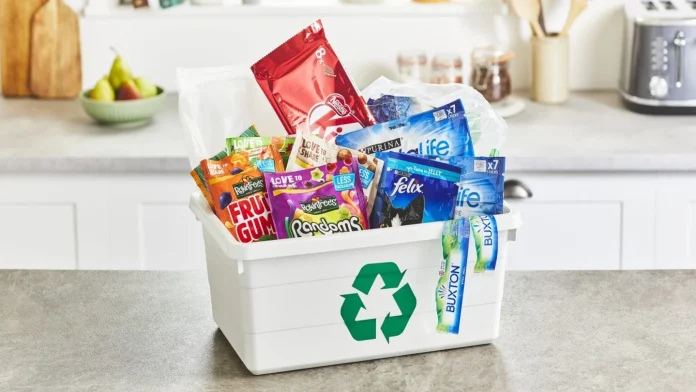Globally, many governments are putting laws and plans into place to cut carbon emissions and move toward a low-carbon economy. Businesses can keep ahead of regulatory obligations and prevent penalties or fines related to non-compliance by aiming for net zero. Businesses are exposed to many risks because of climate change, including supply chain disruptions, physical hazards like extreme weather, and regulatory risks like carbon pricing and emissions laws. Businesses may strengthen their resistance to these threats and future-proof their operations by cutting emissions and implementing sustainable practices.
In addition to being crucial for halting climate change, aiming for net zero emissions gives companies a great chance to enhance their brand, control risks, promote innovation, and create long-term value for stakeholders, shareholders, and society at large. Stopping global warming requires achieving net zero emissions. Companies that reduce greenhouse gas emissions to the degree that they are balanced by carbon removal techniques can help limit global warming and mitigate the harmful effects of climate change on the environment, society, and economy.
When making purchases, consumers are placing a higher value on environmental responsibility and sustainability. Businesses may improve their reputation, foster brand loyalty, and draw in environmentally concerned investors and customers by highlighting their commitment to cutting emissions and combating climate change. The desire of consumers to learn about the sustainability profiles of the products they purchase is growing.
Also read: Corporate Responsibility in this Era of Climate Change; Sustainable Business Practices
For this reason, Nestlé is always developing innovative packaging for their products, including recycled plastic and new paper-based technologies that lower emissions. Nestlé has reached 90% recycled plastic packaging in Australia for a limited range of products, and they intend to expand this wherever materials are available. Nestlé has collaborated on 220 projects aimed at establishing effective waste collection, sorting, and recycling programs across Europe, Africa, Asia, North America, and Latin America.
Innovation and financial support for sustainable practices, clean technology, renewable energy, and energy efficiency are necessary to achieve net zero emissions. Businesses that take on this issue can stimulate innovation, increase operational effectiveness, and open new avenues for expansion and competitive advantage in a market that is changing quickly. Nestlé introduced Nido Milk and Soya in Nigeria. It is the brand’s first instant powder that is both inexpensive and nutrient-dense, combining the benefits of locally available soy and milk. Proteins, fibers, iron, and calcium are all present in the product, which is also supplemented with vital vitamins.
Businesses can benefit from achieving net zero emissions for several reasons, transitioning to renewable energy sources and implementing energy-efficient technologies can lead to reduced operational costs over time, anticipating and adhering to increasingly stringent environmental regulations can help businesses avoid fines and legal issues, demonstrating a commitment to sustainability can improve brand image and attract environmentally conscious consumers, investors, and partners and addressing climate change risks, such as supply chain disruptions and extreme weather events, can enhance business resilience and continuity.
Reaching net zero goals could be necessary to enter certain contracts, markets, or investment opportunities. Achieving net zero emissions offers organizations several advantages in terms of strategy, reputation, and the economy in addition to being consistent with international efforts to mitigate climate change.




